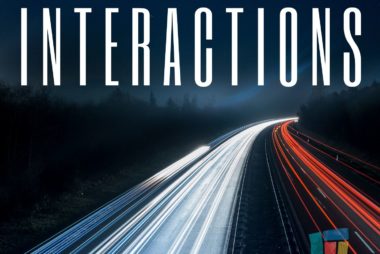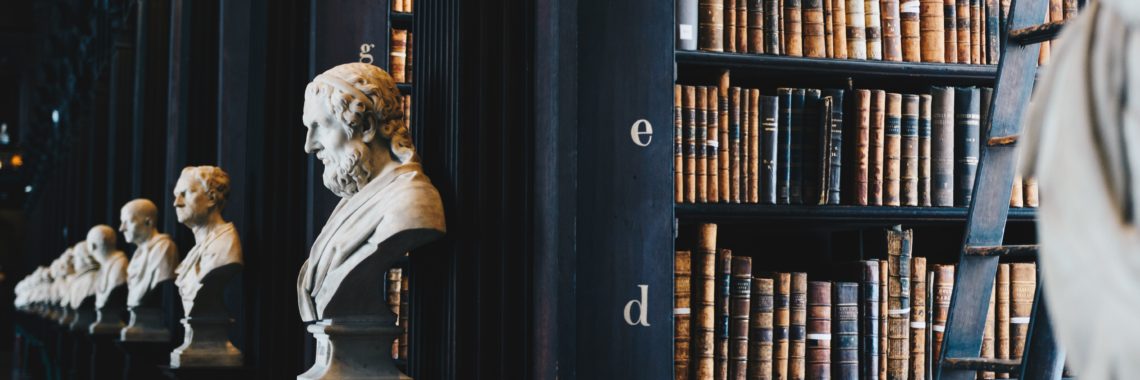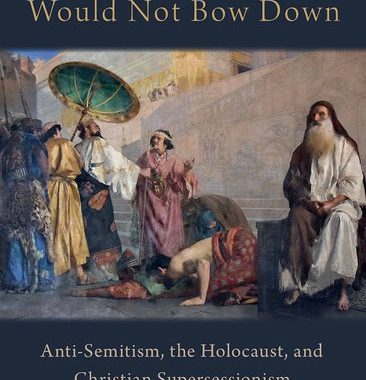“To Iraq and Back: Takeaways of an Historic Papal Visit” by Rafael Domingo
Pope Francis speaking at the Presidential Palace in Baghdad, March 5th, 2021. Wikimedia Commons (CC BY 3.0). Any way you look at it, Pope Francis’ March trip to Iraq had the appearances of being rash and even reckless on the surface. This Mideast country has been ravaged by years of war and rocked more recently like…















